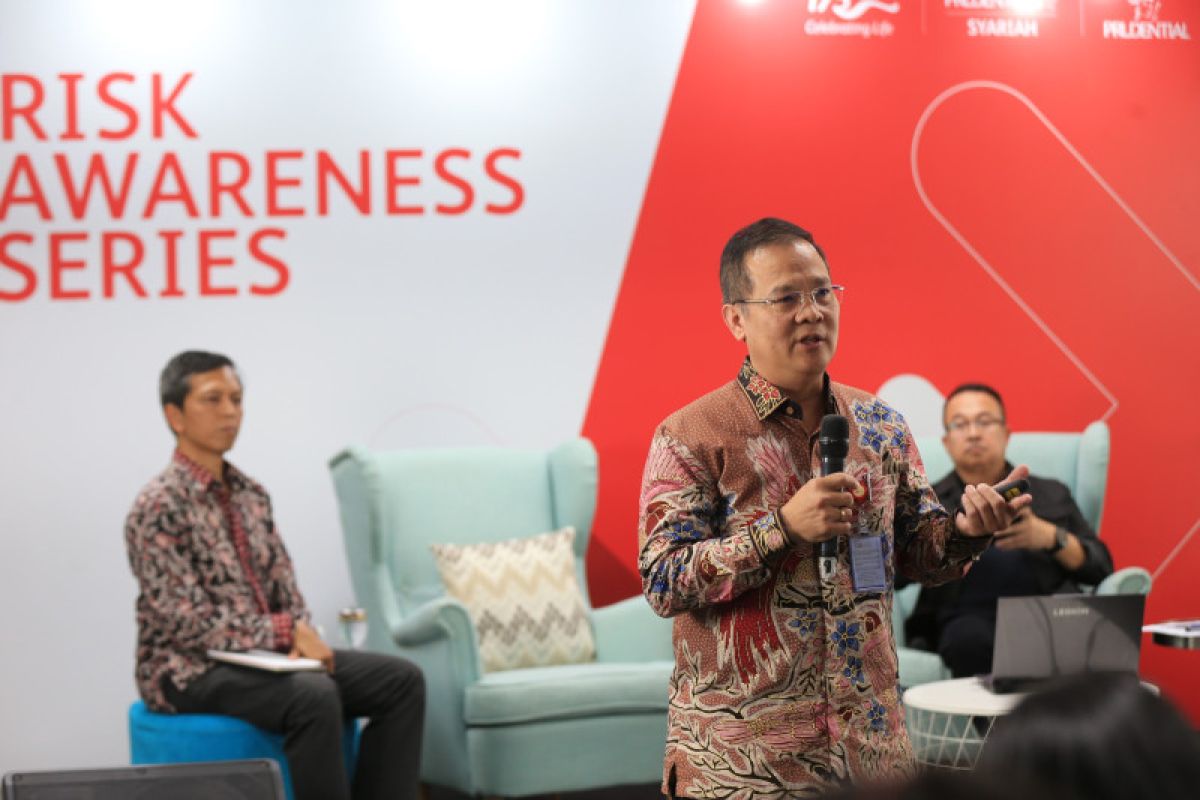Jakarta (ANTARA) - Monitoring of financial services providers will become more adaptive as consumer behavior changes in the era of Global Reset, according to the Financial Services Authority (OJK).
Head of OJK's financial services providers' monitoring department, Bernard Widjaja, said that the Financial Sector Development Law stipulates greater responsibility for his administration in order to keep up with the dynamics.
"Now, OJK is given additional authority, since currently, consumer and public protection are being improved and strengthened. This is reflected in the partiality of the government and DPR (the House of Representatives)," he noted, according to a statement released on Friday.
He said the institution currently has the relevant department that is tasked with monitoring financial services providers' activities, ranging from product and service design, data arrangement and informing, formulating formal agreements, listing services, as well as addressing complaints. "It is all in the (Financial Sector Development) Law. The range has been explained," he noted during the Risk Awareness Series hosted by Prudential Indonesia.
The regulation sheds new light on monitoring, as it currently focuses on the providers' contribution to consumers and the public, he noted. "It means that both are happy. Financial services providers can gain benefits in their operation while also giving good impacts to consumers and the public," he remarked.
Through the new paradigm, providers can keep up with significant changes in consumer behavior during times of Global Reset, he affirmed. The OJK aimed for providers to be able to maintain consumer and public trust for the long term.
Baca juga: Innovative credit scoring could improve financial inclusion
Baca juga: BNI memperkuat sinergi dengan Unimed melalui Campus Financial Ecosystem
Professor Rhenald Kasali from the University of Indonesia's Economy and Business Faculty stated that the Global Reset phenomenon demands regulators to always adapt to changes.
He took the example of the development of digital financial products such as Bitcoin and crypto tokens called NFTs (non-fungible tokens). People already engage in them extensively despite no specific regulations pertaining to the items in several countries. Hence, regulators must improve the knowledge management system and keep up with changes over time, he emphasized.








